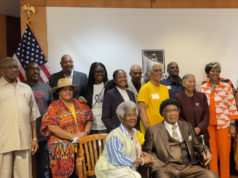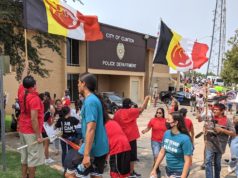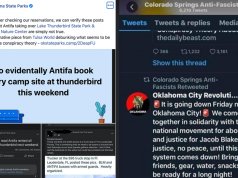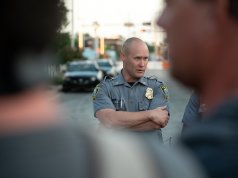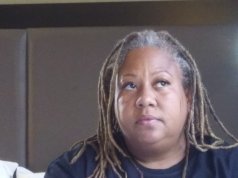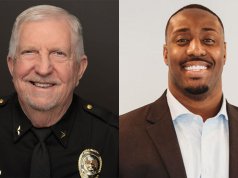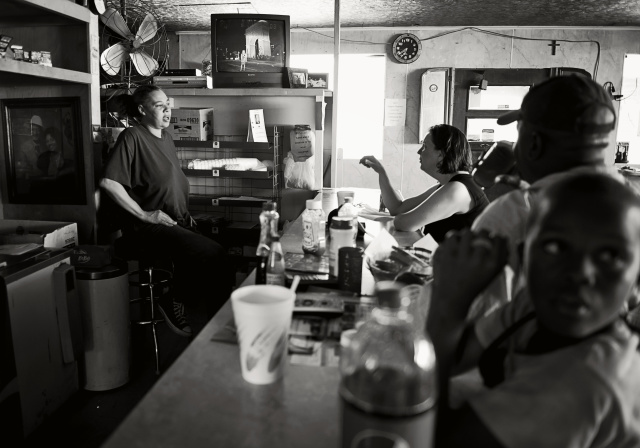
(Author’s Note: The following is part three of three “sound chapters” of Oklahomans’ oral histories about race collected in Every Point on the Map’s work over the past two years. Part one can be found here, and part two can be found here. I thank all those who sat with us and so openly shared their hearts.)
The sound of a town hall meeting
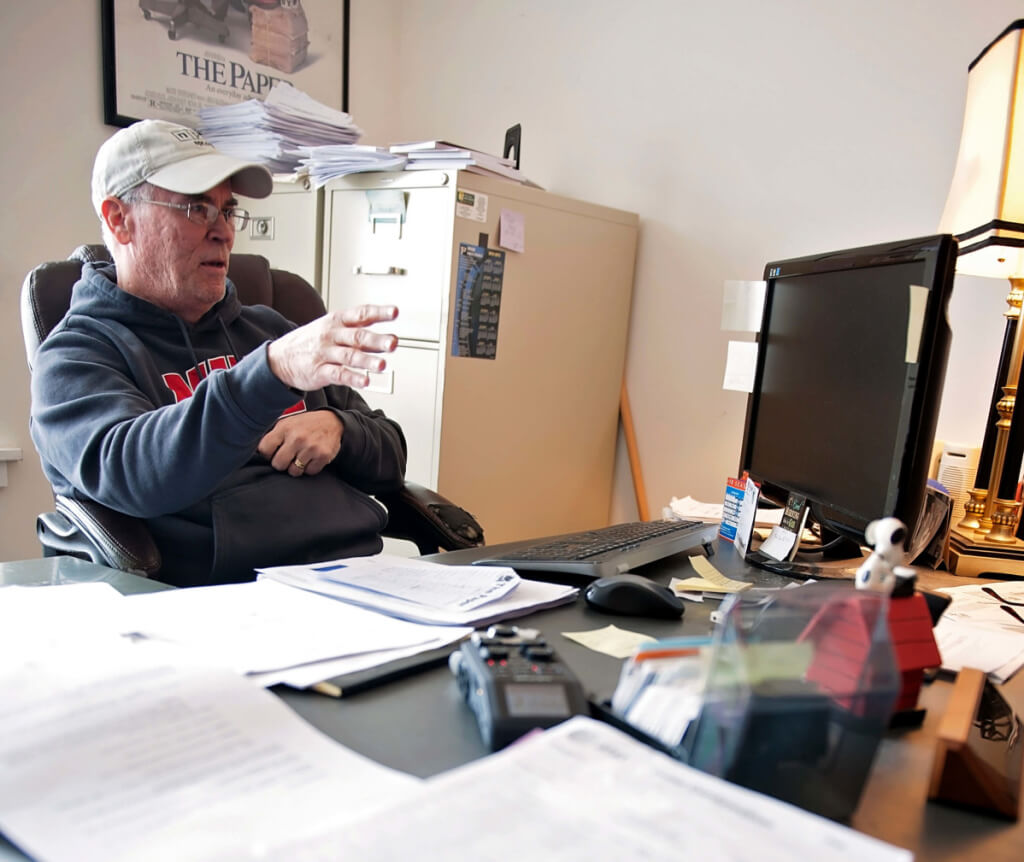
“Carl Curry (was) another former Mayor who was a postmaster here,” said Terry Alyward, 60, of Pryor Creek, Okla. “The thing that stands out to me in Carl was — he was born and raised in Pryor, and he’s the mayor, and the City’s thinking about having a Martin Luther King (Day) as a holiday. Now, he’s a World War II guy. And he decides … he breaks the tie of the City Council to allow the Martin Luther King holiday.
“Well, it did not go over very well with his generation. And he said, still today, lifelong friends of his don’t speak to him because of that.
“But he told me the reason he did that is, when he was a little kid, he remembers a troop train stopping — that railroad’s gone through here forever — and letting out. It was a total black platoon, and they double-timed down to Ma-Whatever’s Café, and they had to go in the back [and eat].
“And, as a little kid, Carl thought, ‘These are our soldiers … why did they have to do THAT?’
“And so, he said, that’s the picture he had when he voted to break the tie. He kinda righted that wrong of something he saw as a kid he knew wasn’t right.”
The sound of racism in 2016
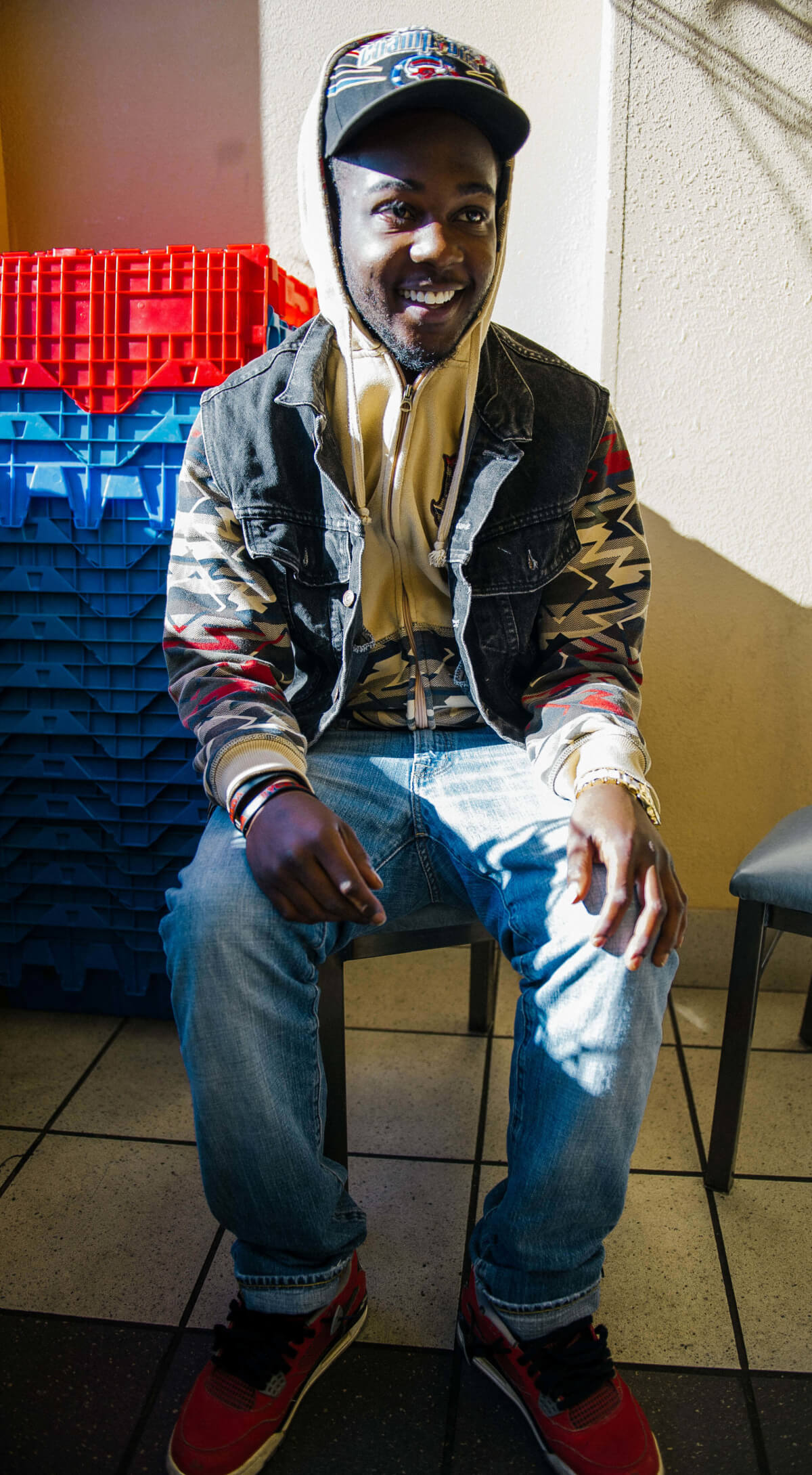
(Author’s Note: James Shay-Smith is 18 and recently moved from Boston to finish his senior year in Elgin, Okla., with his father who is in the military. I ask him, “So what are the highs and lows of working at McDonald’s?”)
“The highs and lows? Well, the highs — I mean, free food. Everything tastes better when it’s free.
“The downfalls? I don’t know — sometimes, I’ve dealt with, like, a lot of racial profiling.”
[Me: Actual profiling? Like you’re pursued by police or something?]
“No, it’s like … customers. They throw money at you, or sometimes they won’t even let you take their order. They just go into a different line.”
[Me: I’m so sorry. So, compared to Boston … did that ever happen in Boston?]
“No, I never dealt with it at any time there, no.”
The sounds of hope and understanding
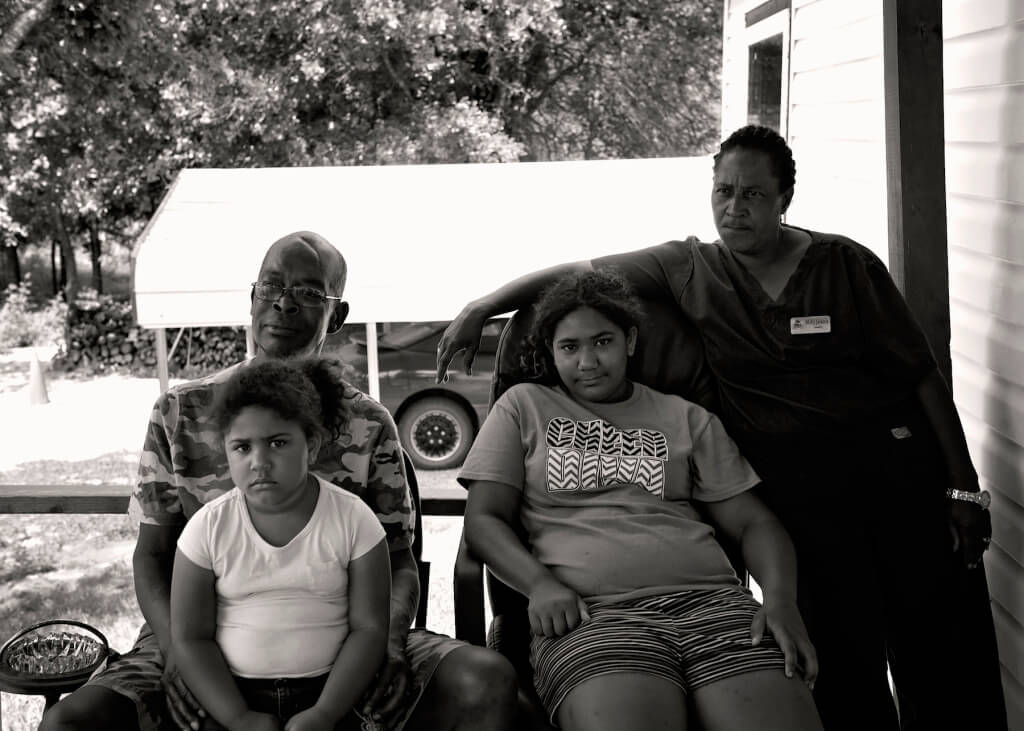
“My friends were around here in Lima, they was all black, too,” chuckles Lorenzo Edwards Jr. of New Lima, Okla. “Important to me is that everybody get along … white, red, yellow. You know what I’m trying to say? Just get along and be friends, you know.”
“My parents, they wasn’t too prejudice,” said Willie Simpkins, of Cromwell, Okla. “It wasn’t quite like that around here. I guess there was racism, segratism [sic] … but I never experienced a whole lot of that. I was glad too. I don’t think I would have put up with it.”
“Basically, people are the same wherever you go,” said Ray Newton of Lexington, Okla.
[Me: And it sounds like people have derogatory or misinformed names for others wherever you go as well.]
“And a lot of that comes from what you were taught when you were growing up.
“I had some animosity in me about the way I was treated. Then you get actual exposure to situations, and you realize, well, they’re going through the same problem I’m going through. And then you meet people who have overcome this (racism and hate) … and you realize what happened when MY momma was growing up as a kid, and my dad was a kid … and what they were exposed to. But, once you get older, and get more exposure, the more you realize why things were like they were.
“I call it direct exposure, rather than somebody reading out of a book … explaining something to you that happened, and why it happened — things like the War of 1812 or the Emancipation Proclamation. But all these things developed through people’s experiences, and they found out … that, ‘Hey, I understand why momma and daddy told me this, but I understand why the people we’re supposed to be criticizing got the exposure, too.’ So they reacted, and it’s a chain reaction.
“And, along the way … you learn. You understand WHY you were taught what you were taught.”
Sounds of silence
Reflecting upon those with whom we have talked, I am reminded of many silent moments where things weren’t said. The first I recall was some kind of silent plea to Oklahoma at large by those I spoke with in Boley. They want their community back — to see their town alive once again.
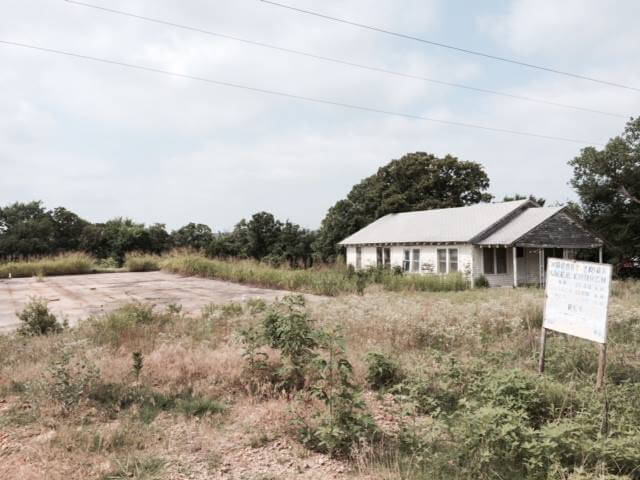
I experienced my own pause while standing on a stark, empty foundation slab in Lima. I thought back to what our discussant, Buster Jackson from Lima, had told us.
“Did you see that slab over there by the old school? The Mt. Zion church?”
[Me: Yeah, we drove by it, I took a picture.]
“They was rebuilding that church, but the pastor died.”
He said that the pastor had been working on his car there when it fell on him. Unsure of what happened to the all the framing, he said, “It was up … but now it’s gone.”
Only two of many, these absent or silent pieces are also important to sharing what we have gathered. I affirm that while standing on the Mt. Zion slab and sitting on the barstools at Pookie’s café, author Edward Casey’s words rang true: “But it is and by places that the most lasting and ramified connections, including personal connections, are to be made.”
And, at the end of this piece, I affirm Lorenzo’s words as well: “Important to me, is that everybody get along … white, red, yellow. You know what I’m trying to say? Just get along and be friends, you know.”
And Oklahoma’s humankind should affirm Willie’s attitude when it comes to racism, and not “put up with it.”
And, could there be more?
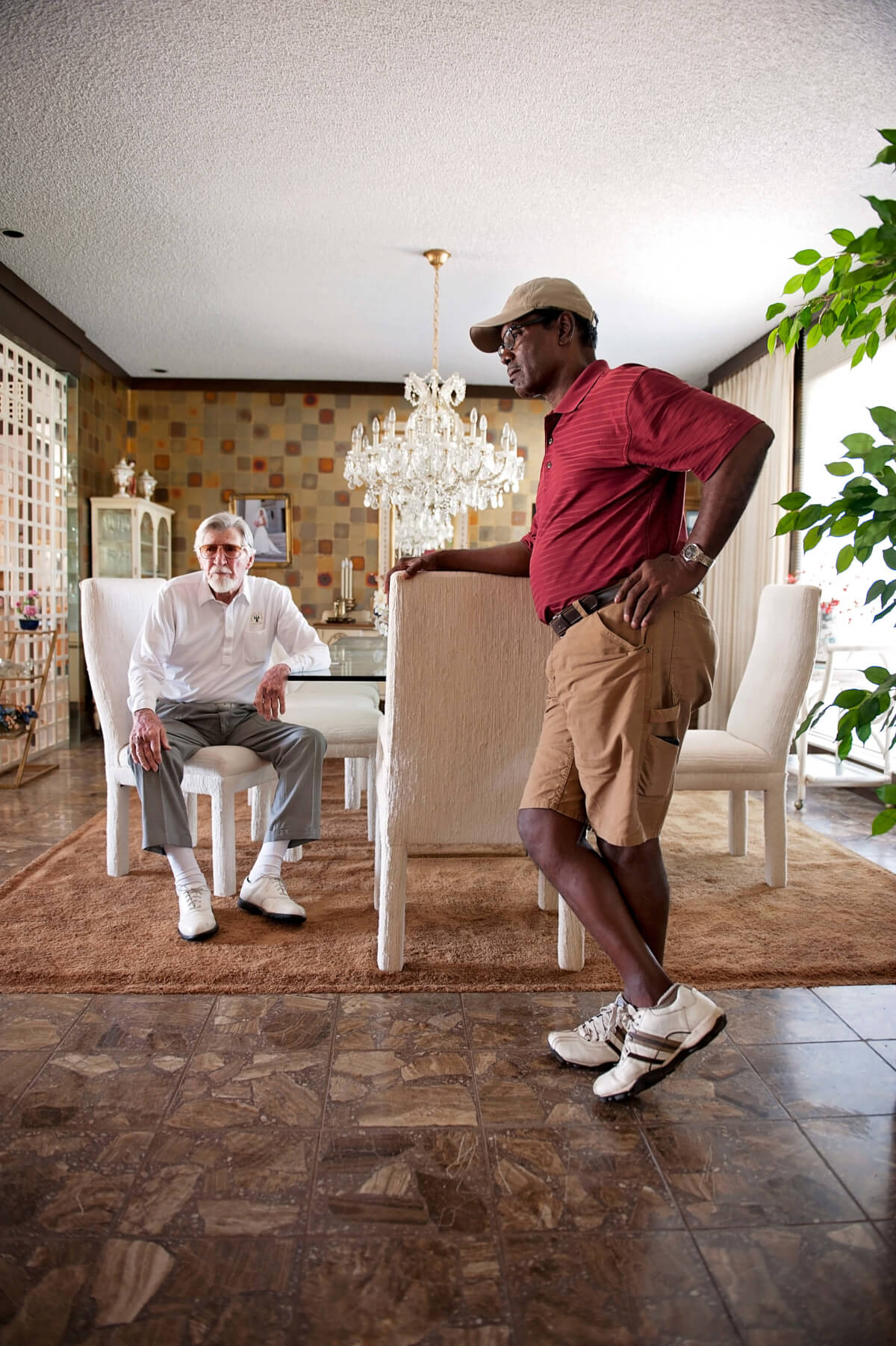
When in Cedar Valley, our conversation happened to be with Duffy Martin, who recently died two months shy of his 99th birthday. Grady Briggs helped us into a golf cart, then drove us straight up to Duffy’s front door, a few hundred yards from the club house. He knocked a couple of times, then walked in through an unlocked door to find his friend. The community cohesion at Cedar Valley is something every resident mentioned, and we were witnessing it at that moment.
Later, when I asked Duffy what it was about Mr. Briggs that one of his friends could just walk right into his house, Grady answered the question for him, glancing toward Martin with a look of genuine love.
“He’s … perfect,” Grady said quietly.
Oh, what a dead guy and his friend could teach us all.
(Coda: We continue to marvel at how life moves along once we’ve left each town. Not only has Duffy Martin died, but so have Max Walck and Cleveland Dunn — all Oklahomans who left an impression upon us and our work with Every Point on the Map.)










